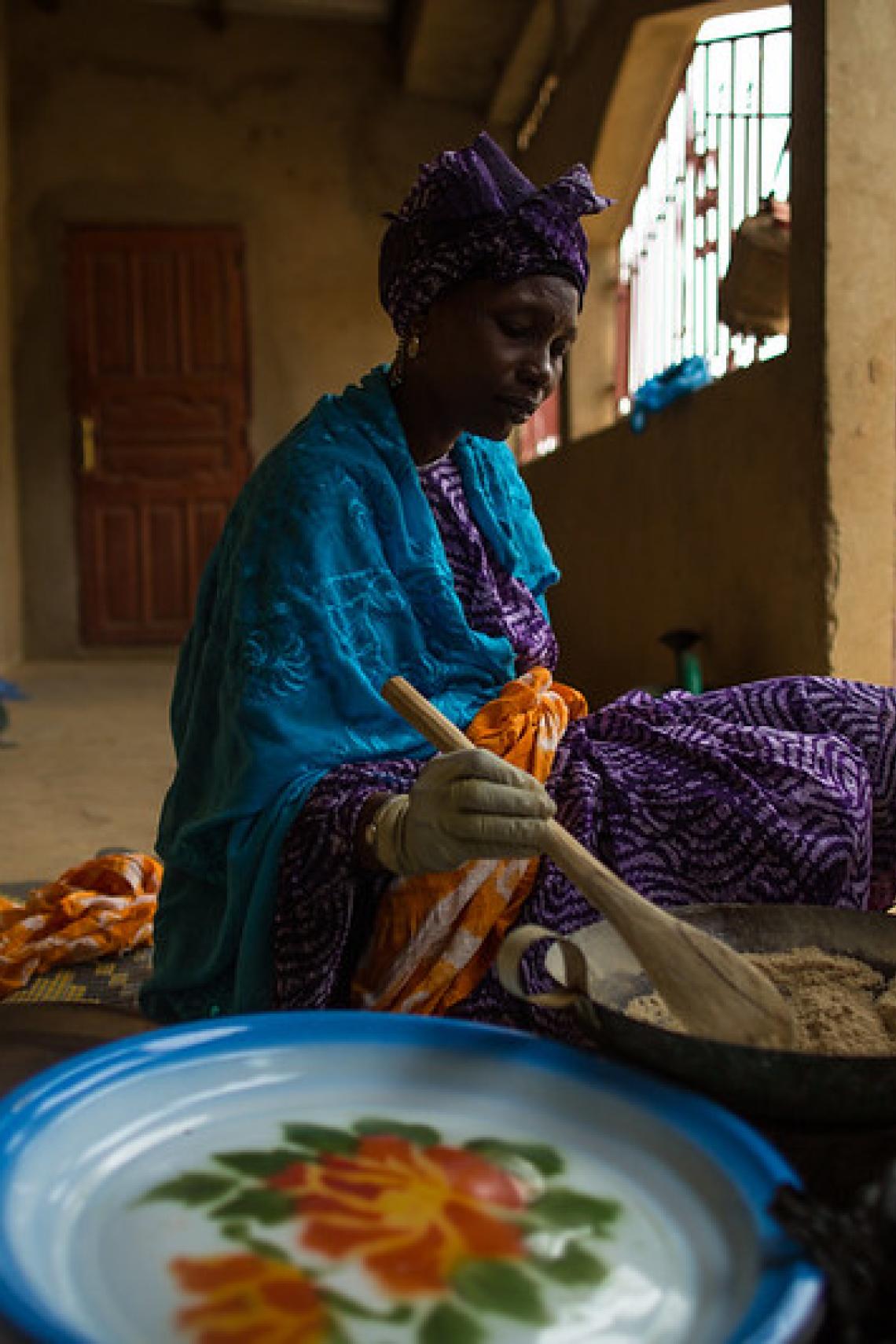New article co-authored by Cheryl Doss explores household decision-making in rural Senegal
A new article co-authored by Associate Professor Dr Cheryl Doss uses vignettes to identify why certain household members make decisions in rural Senegal, and what impact this has on the household, particularly the children.
The article is co-authored with Tanguy Bernard, Melissa Hidrobo, Jessica Hoel and Caitlin Kieran.
The article finds that outcomes that appear to be related to the gender of the decision-maker are actually driven by decision-making typologies within the household. It demonstrates that there is a link between the rationale for decision-making and household outcomes across multiple domains.
The research developed a typology of households based on their decision-making processes. Using a set of vignettes, or stories, which present distinct types of couples and their decision-making approaches, the researches asked respondents from 502 households in rural Senegal which household they most closely resembled. They then used this information to analyse why decisions were made by specific people.
The research finds that households where the most informed man or woman decides produce more milk than those in which the man, or the woman, makes all decisions. Similarly, the children of women who decide because they are most informed have better hemoglobin levels than those whose mothers make all decisions.
These findings highlight the importance of understanding the underlying reasons why specific individuals make decisions in different domains, and they provide guidance on how agricultural extension and nutrition programs and policies may work to improve agricultural production, child health, as well as individual satisfaction with decision-making processes.
Doss, Cheryl (with Tanguy Bernard, Melissa Hidrobo, Jessica Hoel, Caitlin Kieran) (2019) 'Ask me why: Patterns of intrahousehold decision-making', World Development.

